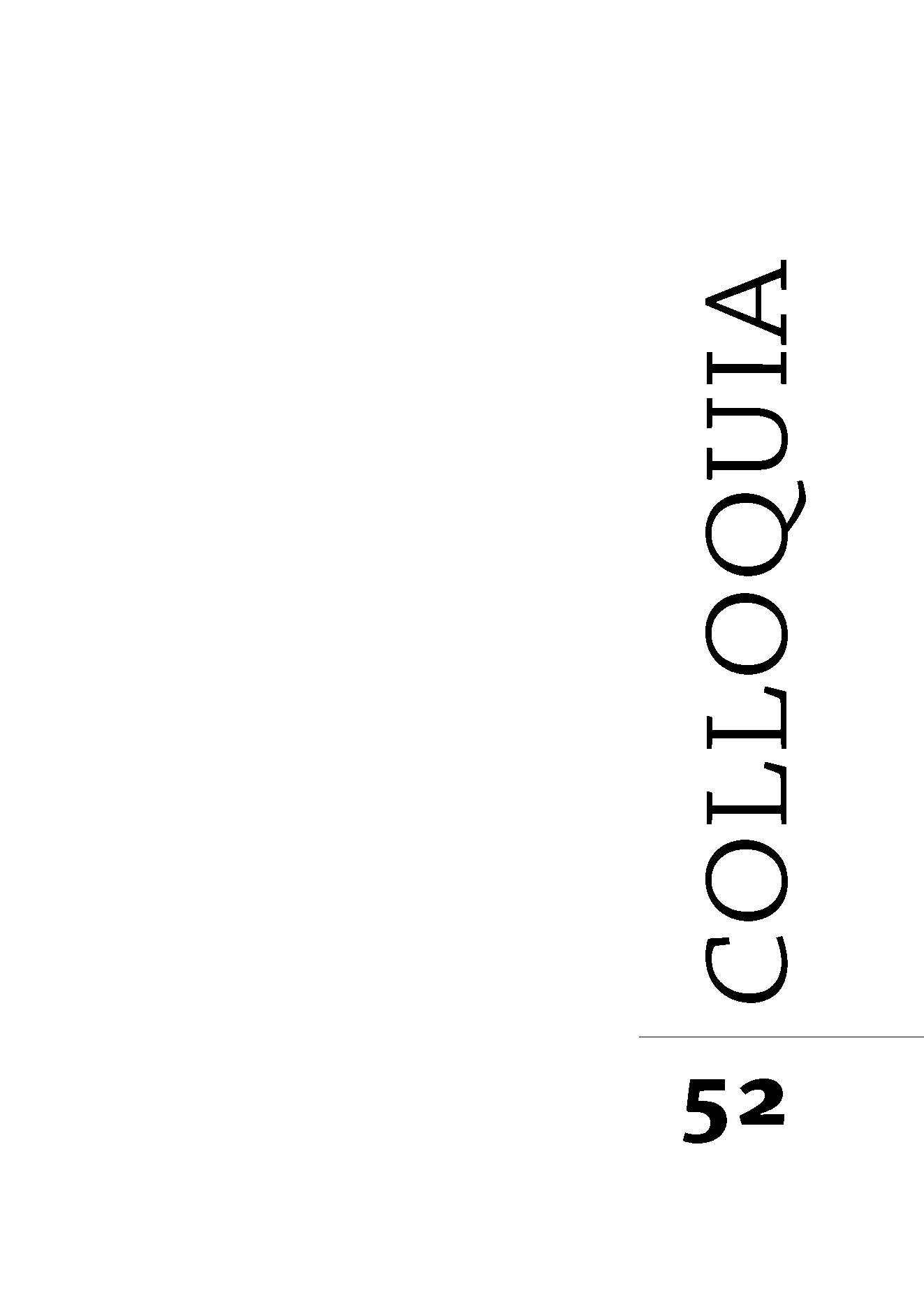Emancipatory Poetry: The Žemaitė Square Readings as Feminist Artivism
Abstract
Although contemporary Lithuanian poets and readers often claim to be apolitical, politically charged poetry or literary behavior are not always apparent and can take various forms. The article examines the annual women’s poetry readings in the Žemaitė Square during the Poetry Spring Festival as a political event. Based on Pierre Bourdieu’s literary field theory, the event can be interpreted as a collective response of feminist artivism to the established power structures. The readings provide a space for the exchange of social, symbolic, and cultural capital among the poetesses, enabling them to gain visibility and prominence within the literary field. Furthermore, the political significance of these readings emerges through the experience of emancipatory art, as defined by Jacques Rancière. The ‘distribution of the sensible’ not only establishes poetesses as political subjects but also fosters a sense of potential equality among all agents in the field. The collective experience of art engenders an aesthetic community capable of challenging prevailing power structures and envisioning possibilities that extend beyond societal norms.

This work is licensed under a Creative Commons Attribution 4.0 International License.
Downloads
Most read articles in this journal
- Algis Kalėda, Return to Our Times: Juozas Aputis’s Relevance “Then” and “Now” , Colloquia: Vol. 40 (2018)
- Gintarė Bernotienė, Dalis Dalios , Colloquia: Vol. 51 (2023): Colloquia
- Regimantas Tamošaitis , The Intriguing History of Ideological Control , Colloquia: Vol. 43 (2019)
- Vaiva Narušienė, Under the Miłosz‘s Sign , Colloquia: Vol. 42 (2019)
- Romualdas Granauskas, Vienas sargybinis (Kalba, pasakyta priimant LLTI premiją už kūrybiškiausią 2013 m. knygą Šventųjų gyvenimai) , Colloquia: Vol. 32 (2014)
- Nijolė Bliūdžiuvienė, Rima Cicėnienė, Aurelijus Gieda, Vilma Žaltauskaitė, Viktorija Šeina-Vasiliauskienė, Tomas Petreikis, Zita Tiukšienė, Remigijus Misiūnas, Jolanta Budriūnienė, Navigation of the National Bibliography Is Functioning!? , Colloquia: Vol. 43 (2019)
- Aistė Lazauskienė, How Kaunas Became “Lithuanian” , Colloquia: Vol. 52 (2023): Colloquia
- Virginija Balsevičiūtė-Šlekienė, Poetic Codes of the “Žemininkai” Group in Jonas Juškaitis’s Poetry , Colloquia: Vol. 43 (2019)
- Inguna Daukste-Silasproģe, The Lost Place of Childhood: Writer Indra Gubiņa’s Memories, Life and the Literary Geographical Aspect , Colloquia: Vol. 50 (2022): Colloquia
- Gitana Vanagaitė, Attitudes towards Emigration in Vincas Kudirka’s and Juozas Tumas-Vaižgantas’s Journalism , Colloquia: Vol. 50 (2022): Colloquia




